|
The assault on sugar continues. Food + Tech Connect’s latest U.S. Food and Beverage Startup Investment Report was released recently and reports on the continued decline of sweeteners in the American diet. It said that according to the USDA, per capita sugar consumption has declined for four straight years and is now at a 30-year low. What’s more, alternative sweeteners like stevia and monkfruit have not won over American taste buds. The trend is sparking startup activity as companies develop food and drink designed to replace sugary or artificially sweet items. It’s a trend to bear in mind as you develop dessert offerings and describe menu items. Ingredients that offer inherent sweetness – without any help from sugar, artificial sweeteners or even natural, low-calorie sweeteners – are more apt to win with consumers.
Does your breakfast menu need a new creative twist? Try to boost your breakfast options with on-trend savory flavors. Restaurant Business reports that combinations such as bean-topped grain bowls are on the rise this year, along with such global dishes as shakshuka and chilaquiles. On the side, consider offering new varieties of sausage with seasonings ranging from Cajun to jalapeño.
As consumers have demanded packaging that’s friendlier to the environment, operators have quickly replaced plastic straws with paper alternatives, and plastic containers with packaging containing natural materials. But as an investigation by the New Food Economy found recently, the fiber bowls that are widely used in place of plastic contain chemicals known as PFAS that don’t biodegrade and aren’t really compostable, despite being labeled as such. On the contrary, they may actually be making compost more toxic. San Francisco is the first city to ban the bowls, effective in January, and to date, there are no known commercially viable alternatives according to the report. In the meantime, Eater reports that after McDonald’s in the U.K. and Ireland phased out plastic straws in favor of recyclable paper ones that generated customer complaints, the brand introduced a thicker paper straw to replace the first solution. But new reports indicate it is non-recyclable. So what is a restaurant brand to do to become more eco-friendly? Modern Restaurant Management advises operators to first understand the terminology. The term “biodegradable,” for example, sounds eco-friendly but is only indicative of a product that will decompose – and that could take several hundred years. Working with organizations that research and certify environmentally friendly options can help too. Modern Restaurant Management suggests Green Seal, an environmental standard development organization that tests and certifies products, services and venues like restaurants and hotels, then awards certification based on performance, health and sustainability criteria.
|
Subscribe to our newsletterArchives
April 2024
Categories
All
|
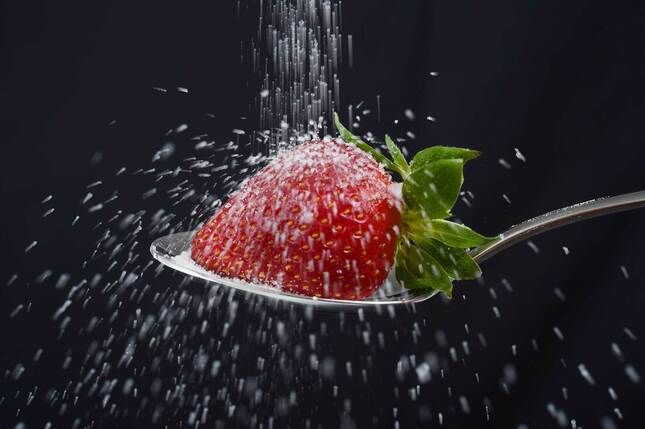

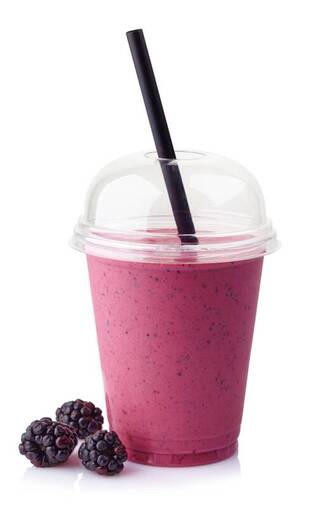
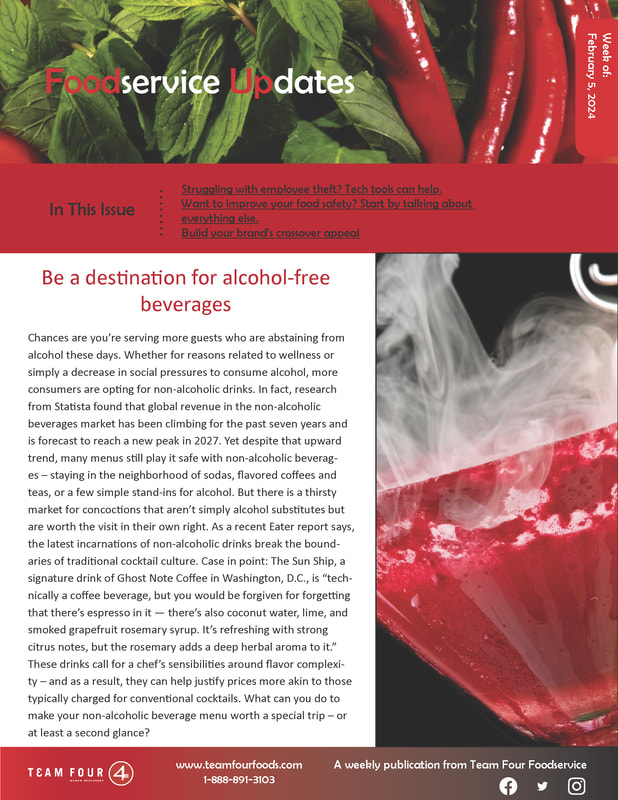
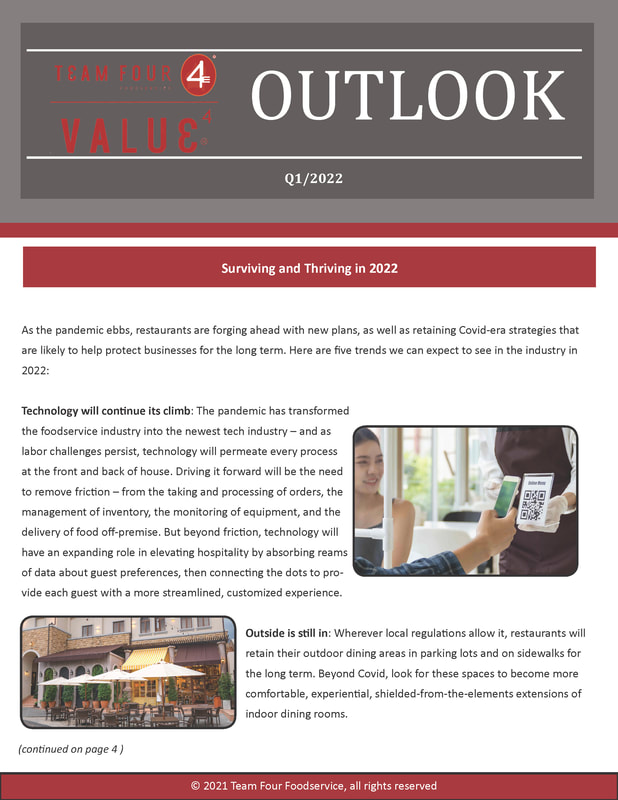

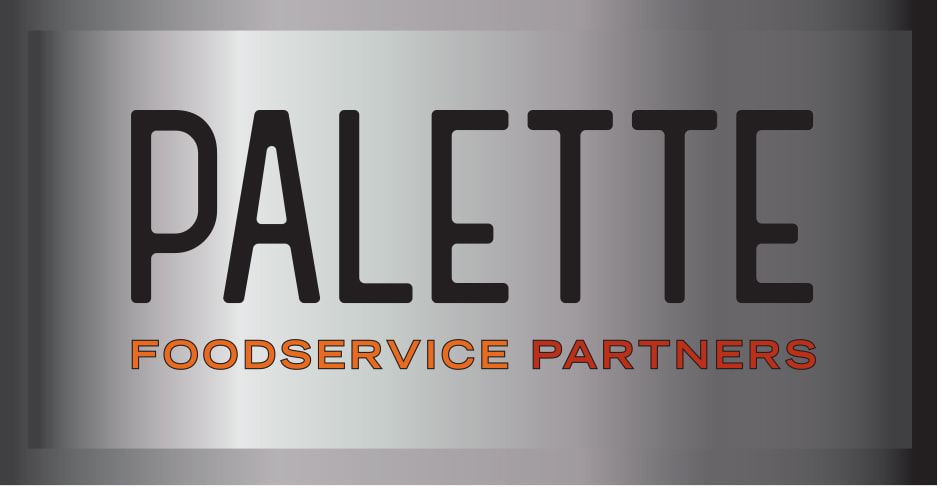
 RSS Feed
RSS Feed